A day in the life — Sunday September 17, 2021.
A snapshot into my daily existence.
An exposition on the choices we all make on how we choose to live.
I woke up yesterday and went to the grocery store with my wife, who needed milk to make pancakes for our daughters for Sunday morning breakfast. We had a family breakfast. I then left for my 11:00 am USTA doubles tennis league match. It was a beautiful morning in Southern California. My partner and I played a solid 4.5 doubles team, and we played well in the first set, not so well in the second set, but surged in the super tiebreaker to take the match. The quality exercise on the court was followed by going out to lunch with my doubles partner who had recently returned from India after a few weeks visiting family there. We caught up on events, had some laughs, and shared in the easy way old friends have. We have known each other for so long that most things don’t need to be explained. We know each other. We get it.
I left my tennis date for home in a great mood: solid physical exercise, and solid social connection. It seems like 65% of life is getting this combo correct. I put considerable time, attention, and money towards getting this right. The tennis match and the lunch afterwards lasted a full four hours, including commute times. It was the highlight of my weekend, which otherwise was full of child care duties and other household responsibilities.
At 54-years of age you would think I have figured out how to live the right way. I do my best. But I live healthier and happier than when I was 24 or 34-years of age. There’s no doubt about that.
I write this on a Monday morning because I just read the article “A World Without Children” by Emma Green. The article opens up as follows:
“Miley Cyrus vowed not to have a baby on a ‘piece-of-shit planet.’ Representative Alexandria Ocasio-Cortez mused in an Instagram video about whether it’s still okay to have children. Polls suggest that a third or more of Americans younger than 45 either don’t have children or expect to have fewer than they might otherwise because they are worried about climate change. Millennials and Gen Z are not the first generations to face the potential of imminent, catastrophic, irreversible change to the world they will inherit. But, it seems, they are the first to seriously entertain whether that means they should stop having children.”
“A World Without Children” by Emma Green
Is this an overreaction? Is the tone hysterical? Or is choosing not to have children because of climate change a rational decision?
There is much wrong with the world, whether it be climate change, income inequality, racial tensions, populist strongmen, or the COVID pandemic. But if you follow the bad news constantly, live heavily online, and inhabit an “echo” chamber via social media, you might feel as if everything everywhere is horrible and there is no hope. That is not the case. But does it matter if everyone you know feels equally as apocalyptically as do you? Perception for many is reality, regardless of facts. The mind is a world in itself, and how we see the world is not necessarily how it is. This is the basis for Cognitive Behavioral Therapy, which research shows can solidly improve one’s mental health.
I recently watched the Paul Schrader movie “First Reformed” where the protagonist, a Christian cleric played by actor Ethan Hawke, encountered a political activist who owned a dynamite vest and committed suicide because he was so in despair because of climate change. The reverend grew equally despondent about the state of the world and tried to crucify himself at the end of the film — wrapping himself up in barbed wire and attempting to drink Drano. I looked at Hawke’s character as an overeducated, oversensitive neurotic — and representative of a certain type of progressive liberal in the USA. He had lost all sense of perspective, and therefore, all hope. You will see this thinking in Emma Green’s article.
There is much wrong with the world, and also much which is right. There is a remarkable lack of nuance and perspective among the “Millennial” and “Gen Z” cohorts Green describes which leads to such extreme viewpoints. Maybe this is a tendency among younger people, in general, as in when Miley Cyrus calls our planet a “piece of shit.”
But is our planet really a piece of shit? Is human culture something which is akin to a bacillus on the earth which should be killed off to protect the endangered biosphere? Should we engage in some antibacterial depopulation? Do the planet a favor by refusing to have children?
It is a point of view held by some.
But I have always disliked the comment “Fuck this place!” or “Fuck this country!” or “Fuck this world!” Why? Because you are in essence saying “Fuck you!” to me, also, at least indirectly. Because I live in this place, this country, this world, I bridle at the words.
And choosing not to have children because of a lack of hope for the future is perhaps the most definitive “thumb’s down” on planet earth and humanity’s future on it.
Does an adult have a right to choose not to become a parent?
Absolutely!
Nothing necessarily wrong with that choice.
But if you therefore find yourself 65-years old and alone, with no children or grandchildren in your life, because you chose to live that way, don’t blame anyone else.
It is amazing how many people see no hope in their lives or in the world, but then their life choices and mental outlook also contribute to that pessimistic view of the future. They seem powerless to improve their lives; fear and anxiety rule the day. Facing hardship and overcoming difficulty builds strength of character and emotional resilience over time. But wallowing in psychic pain and self-pity and embracing anxiety and depression as a lifestyle is a symptom of overgrown adolescence. Maybe it is precisely this sort of person who should never become a parent. Miley Cyrus as a mom?
Who knows?
Stranger things have happened.
Courtney Love, another “difficult” lady pop singer, had a daughter, after all.
We shall see.
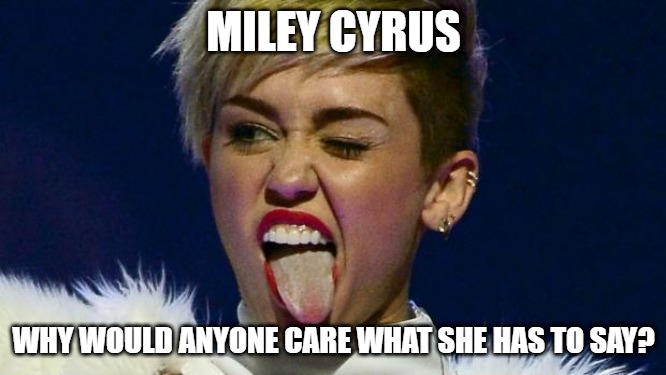
Does planet earth in 2021 warrant the apocalyptic visions some entertain of it? 1940 would also be a difficult time to be alive. The Japanese were running amok in Asia, the Germans and Italians were on the attack all throughout Europe and in the Mediterranean. The United States would be dragged into that shitshow soon enough. But people still could enjoy their lives, local conditions allowing. The horror of WWII was not equally horrible in all places around the globe in the same way. Nuance.
Then there was the Black Death rampaging through Afro-Eurasia in 1347 AD. Or the political and environmental miseries of 546 AD after the collapse of the Roman Empire in Europe.
All bad times to be alive, objectively-speaking. But not all darkness and doom all the time.
Do we live in such a time now as 2022 approaches?
It is hard to make that judgement either way. There is no ability yet to see the big picture.
But so much of being “happy” has to do with smaller considerations of a more personal nature. Are you content in your marriage and friendships? How are your children doing? Do you have enough social support? Are you in good physical condition? Is your health ok? Do you have friends? Do you have enough money? Do you know who you are? Are you happy in your own skin? Do you have the strength of character to endure hard times? The lightness of heart to enjoy good times?
If enjoying general satisfaction with your life and being content in your own skin are earned attributes, which I think they generally are, then I’ve earned any happiness I possess, any knowledge I’ve gained of myself.
To enjoy sport and camaraderie, like I did yesterday with my tennis match and lunch afterwards, might seem a small endeavor compared to climate change and the COVID pandemic. But for most people happiness rests on the small but salubrious habits of life: social connection, physical health, gainful if unspectacular employment, an intact family structure, etc.
If you are so preoposseed with climate change, income inequality, race relations, or the SARS-CoV-2 virus that you cannot take concrete steps on a Sunday morning to enjoy your life, then perhaps you deserve your misery.
You might conclude, like pop singer Miley Cyrus, that the planet we live on is a “piece-of-shit.”
I will conclude otherwise.
And I will do everything I can to have my daughters not grow up to have that final judgement. I will do this through my actions, only occasionally adding words; life is worth living, happiness is real and attainable; this is how I try to live, and you can do it, too.
Look at my Sunday morning. Look at how I will choose to live most days. Live within your means, nurture your friendships and family, and take care of your physical health through exercise and diet — is it then really so hard?
You will find plenty of people telling you the world is not worth living in.
It brings me back to that reverend from “First Reformed” who was ready to kill himself in protest over what he saw humans doing to the environment. (“Will God forgive us for destroying His creation?”) It brings to mind this question: What percentage of Americans who identify as “very liberal” are currently taking antidepressants or anti-anxiety drugs? (Especially younger Americans. Especially females. And especially Very Liberal White Women — that demographic which must top the scales each day in terms of ingested psychopharmaceuticals.) Are things really that much worse compared to how they used to be? Or are many Americans today less resilient and more fragile than in the past? Is there less societal and familial support nowadays? More stressors and more stress? Objectively worse conditions across the board?
I don’t know.
There is much evidence in many areas that life today is easier than it used to be.
But this much I do know: if you are waiting for someone else — or some larger social movement to join, or some drug prescribed by a doctor, or some Prince Charming to arrive — to fix your life, you will wait a long time. Nobody is coming to rescue you. You must find what works for yourself. It is your life. I hear some talk up “empathy” and “taking care” of others. But nobody really cares about you. Not really. Not like you should care for yourself.
But there is much beauty and goodness in the world. The body will react to healthy influences and positive influences. The mind can heal, and the flesh proves resilient. Maybe Americans should spend less time in front of screens obsessing over the news, or should limit their hours devoted to shit-talking on social media. Invest in real-life exercise and face-to-face friendships. The sun was shining here in Southern California yesterday; it was a beautiful Sunday morning in early autumn. How did you spend the day?
You will come across plenty of happy people in real life, even if you don’t often meet them on Twitter. Maybe get out and meet some of them?
Or as in “First Reformed” you can wrap your body in barbed wire and contemplate chugging down Drano in a defiant act of individual and collective abnegation. Or strap a suicide vest on to blow yourself (and others) up in protest.
Only a highly-educated idiot deeply-versed in a specific ideology can persuade himself to do something like that.
But such people are out there, oh yes.
You, dear reader, might ask, “Why do you talk so often about ‘politically-aware’ progressives who are up in arms and complaining all the time? Of course such people are tedious and excessive. But there are not all that many of them. Just ignore them. Most everyone else does already.”
True enough. But I have spent much of my adult life in universities and public schools where leftist identity politics are like the weeds which overgrow the garden. So it is harder to ignore. It is like a bur that gets stuck in your foot or feces that gets on your shoes on occasion — not really dangerous, but not pleasant. I encounter it more than I would choose.
In response, I have made almost all my friendships outside of work and the world of education over the past decade. I will continue in this mode for the next six or seven years until I can retire permanently. In a polarized society it is almost as if I am behind enemy lines at my job. So it goes. It is far from a perfect fit, alas.
But I will choose to look on the positive side. Hopefully I will have many more Sunday mornings like yesterday. I will do the best I can to enjoy my life as long as I can. I will control what I can control, and I will leave the rest alone. In most ways I am fortunate in what I have earned in adulthood, in the life I have constructed.
I will try to be happy and choose to live healthily. The two are so obviously linked! We only get this one life, and it is moving towards its end slowly but inexorably. Make the most out of it. Get the best I can from it. Don’t squander it, at the very least. Be grateful for what I have. Avoid spite and resentment. Be as positive as possible.
Sunday on the tennis court was a good move. It helped make yesterday a good day. Do this as much as possible, Richard.
Other days will not go well. My car will not start (as happened to me fifteen days ago). My daughters or wife will be quarrelsome. Something beyond my control will intrude into my life. A dark cloud will follow me around all day. I will get sick.
But I will try to have more good days than bad. I will endeavor to make myself worthy of happiness, and thereby hope to end up being happy more often than not — having more good days than bad.
That is the most anyone can ask for, it seems to me.
And more than many get.
Gratitude.
I am grateful.
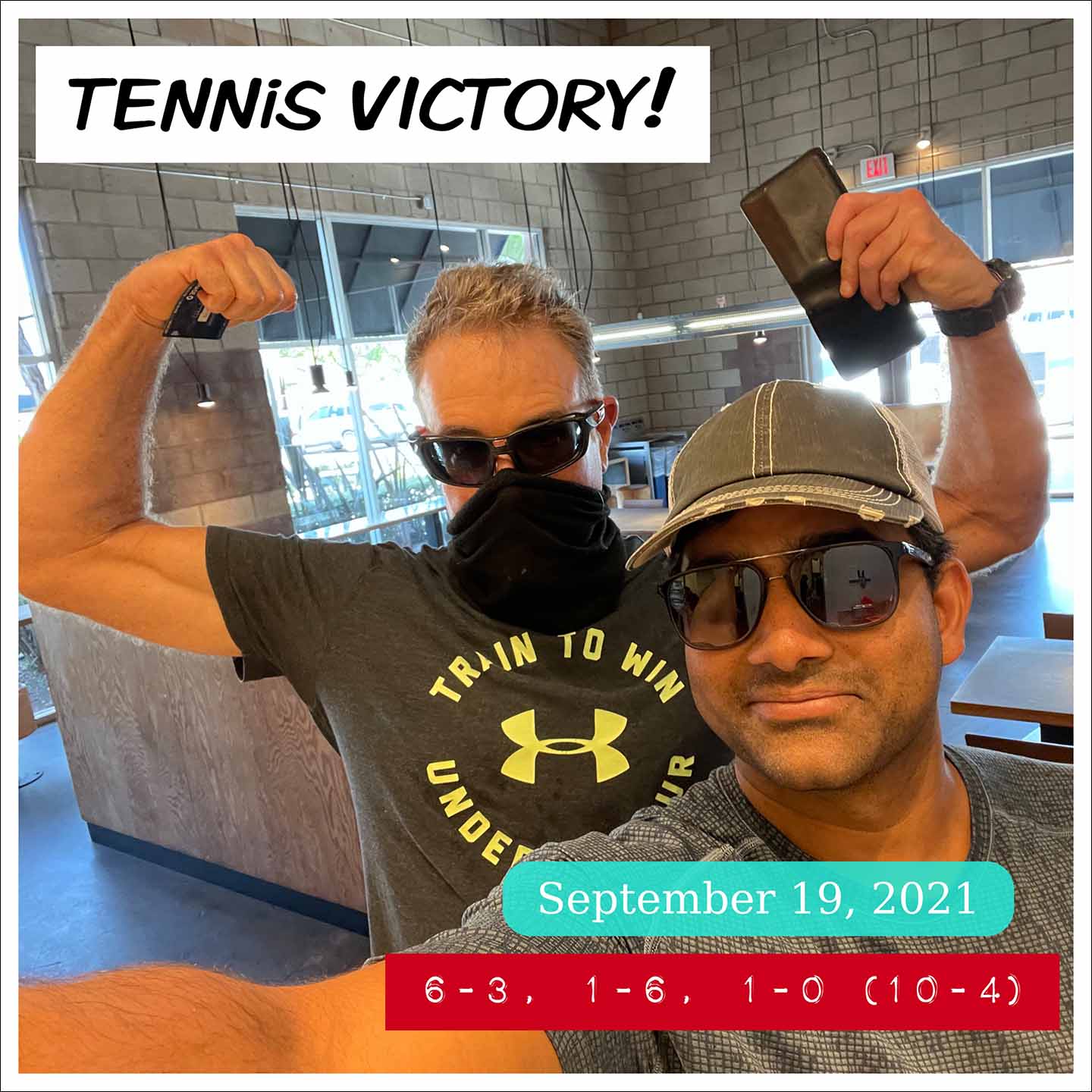

On two separate occasions I travelled to USTA sectionals with my tennis team this summer.
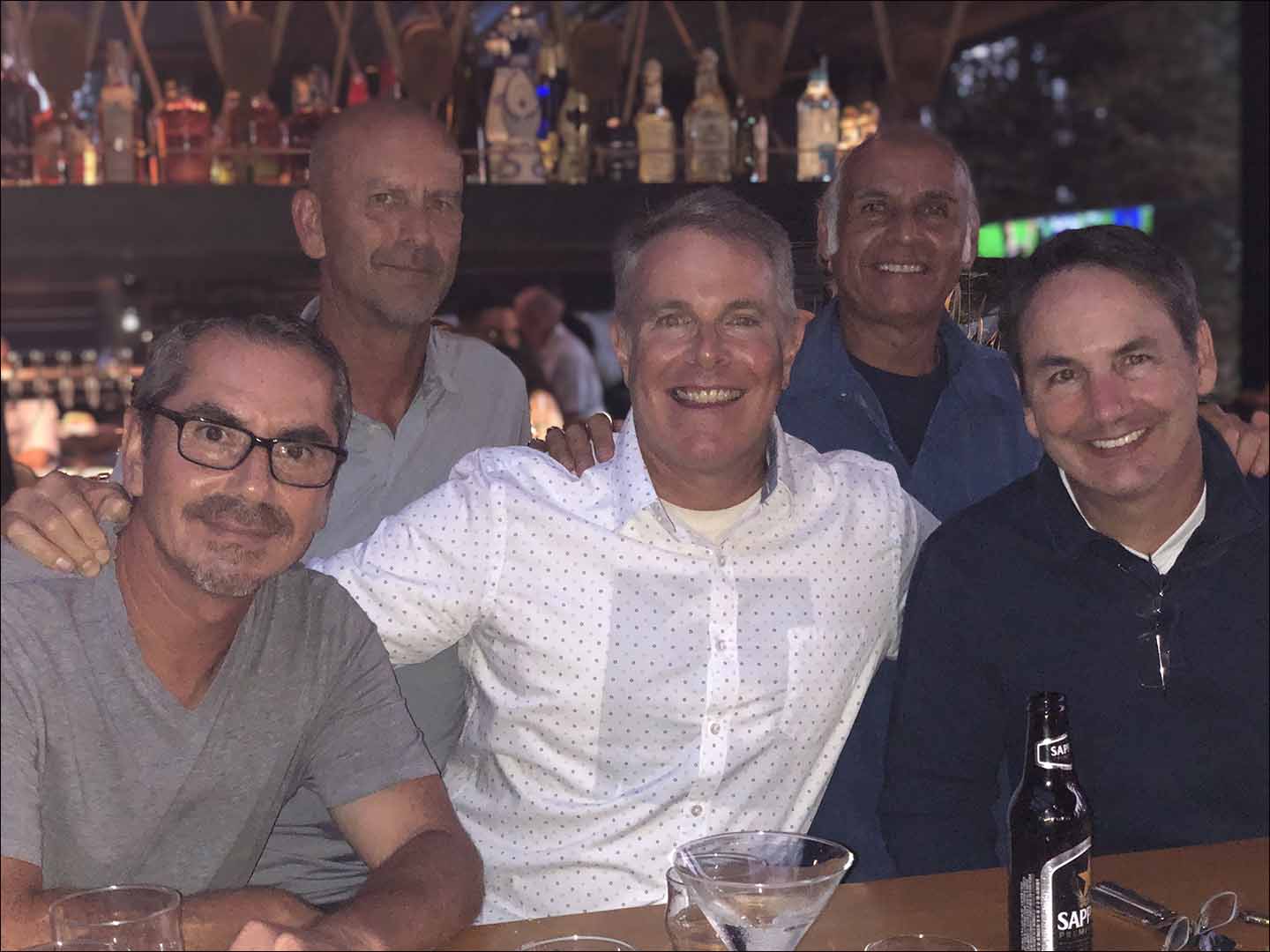
Dinner with teammates at the Water Grill South Coast Plaza on August 14, 2021.
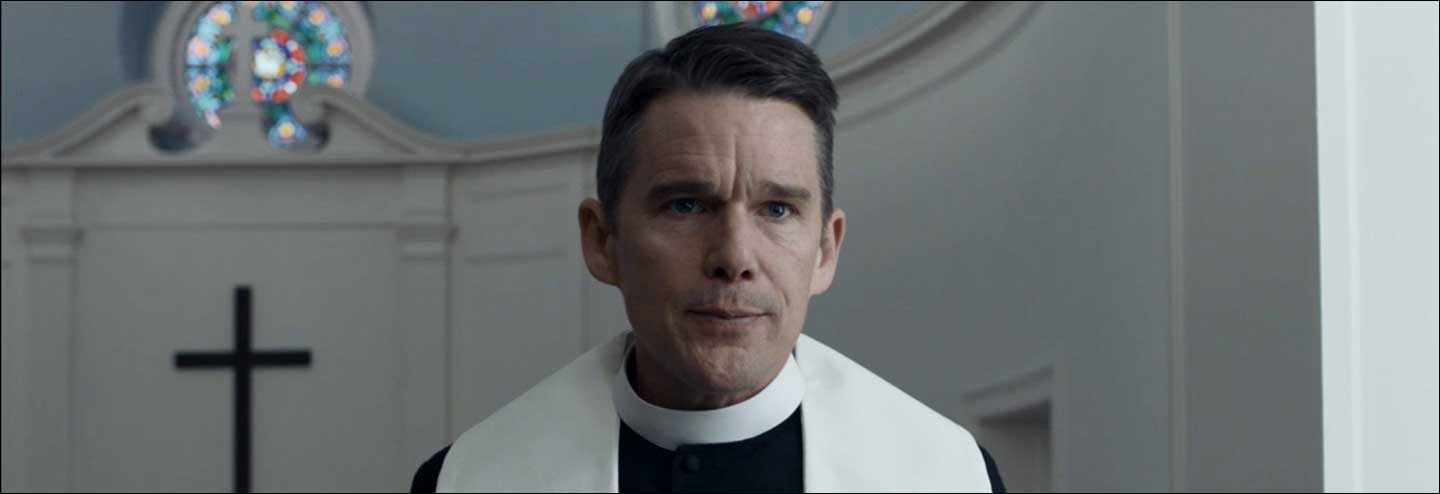
A Jeremiah of intense darkness and despair due to climate change.
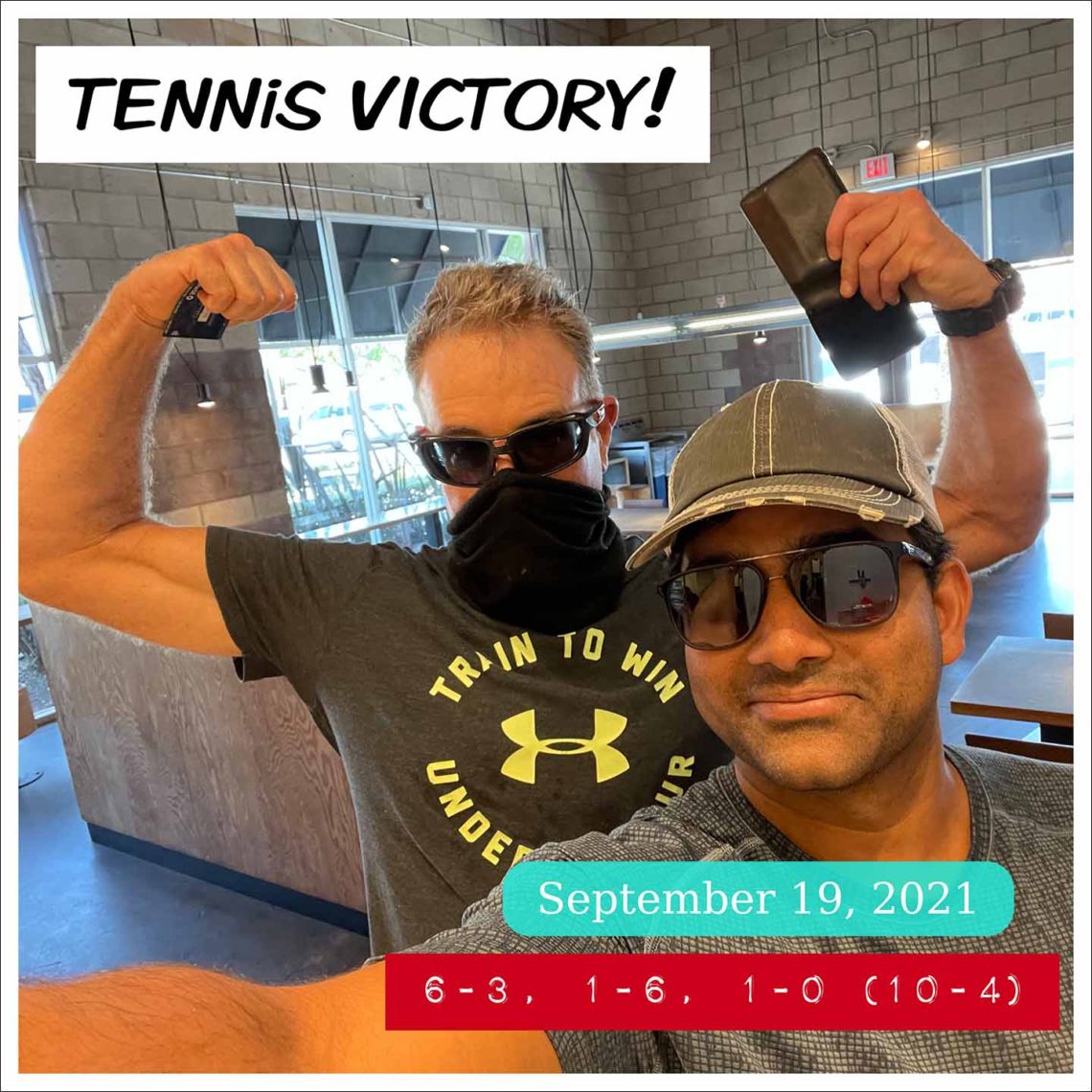


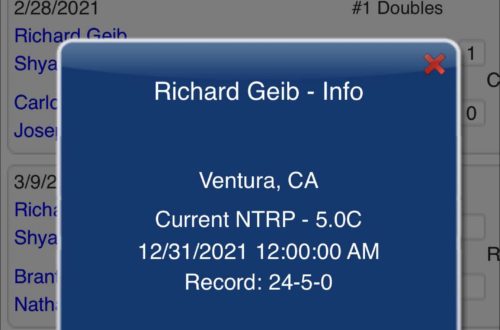
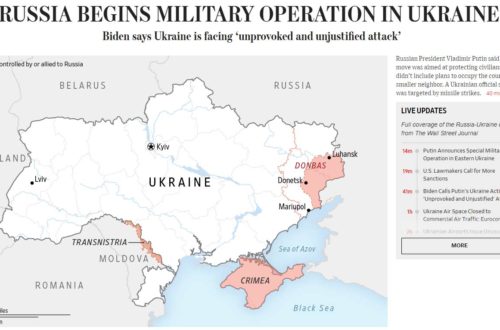
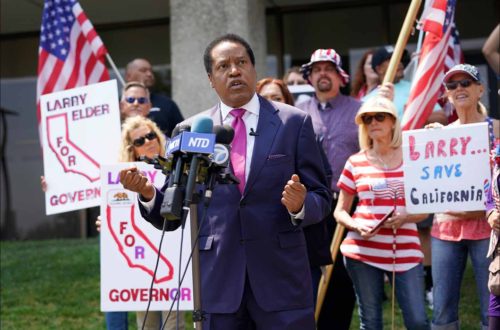
One Comment
Jay Canini
I wholeheartedly agree with this essay! In fact, I think this should be required reading for people who want to be political activists, because as stated focusing too much on the negative all the time leads to burnout and to social relationships suffering. People don’t work as effectively to change things if they’ve broken down internally.
I also strongly agree that waiting for somebody or something else to give life meaning is not ideal, and that one must improve themselves and seek to improve themselves proactively. There have been too many instances of people who think “having a boyfriend will inherently make me happy” only to find this does not happen.
On top of this, I suspect there is a natural human tendency to seek out pleasure and fun even in the midst of soul-crushing circumstances. I recall reading an essay from a Sri Lankan man who had experienced the civil war (1983-2009) which involved intermittent instances of mass violence. People had relationships and went out and partied in those troubled times. He made it clear his life was “normal” while chaos reigned around him, showing alternating pictures of parties and of civil war atrocities, and his essay suggested that the US was already in a similar situation in COVID and political tensions.